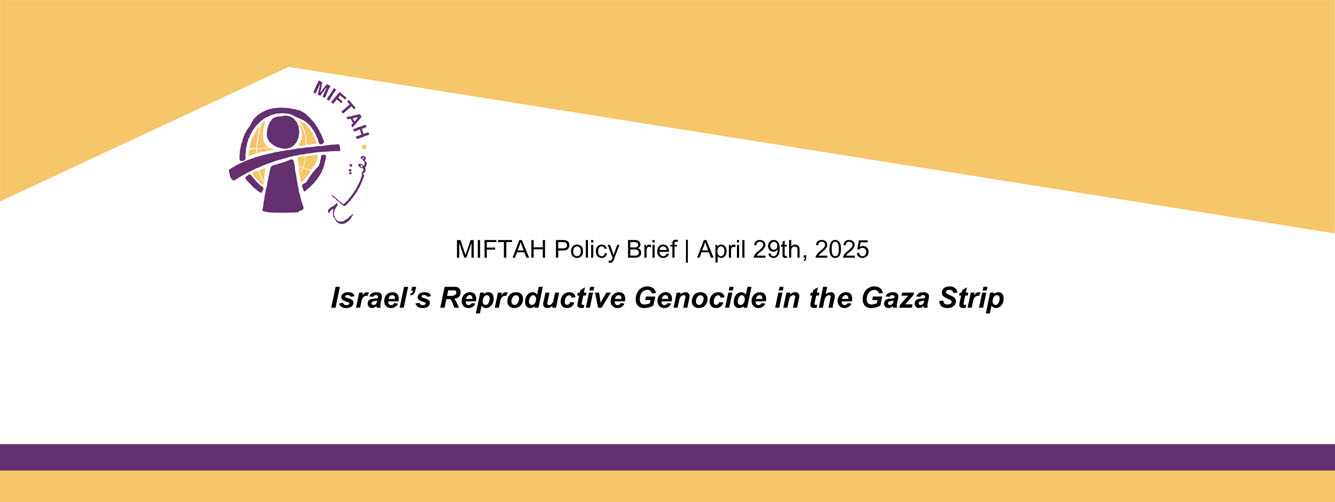Supporting Human Rights and Democracy: The U.S. Record 2003-2004 is submitted to the Congress by the U.S. Department of State in compliance with Section 665 of P.L. 107-228, the Fiscal Year 2003 Foreign Relations Authorization Act, which was signed into law on September 30, 2002, requiring the Department to report on actions taken by the U.S. Government to encourage respect for human rights.
Unlike the Country Reports on Human Rights Practices, issued annually by the State Department and covering 196 countries, Supporting Human Rights and Democracy: The U.S. Record 2003-2004 highlights U.S. efforts to promote human rights and democracy in the 101 countries and entities with the worst human rights records, taking care to include those countries of concern for "extrajudicial killings, torture and other serious violations of human rights."
The segment below contains only the Reports coverage of the West Bank and Gaza, and was extracted form the Middle East & North Africa section.







